
Index:
UPDATED ✅ Do you want to learn more about digital identities 2.0 and how to protect yours? ⭐ ENTER HERE ⭐ and discover everything about it ✅ EASY and FAST ✅
Digital identity is also known as identity 2.0, and this is considered as everything that can identify a person in the online environment. Even this manages to identify us on the Internet through social networks, whether by retweets, Facebook likes, Instagram photos, among others. Below we will give you more details about What is it and how can you protect yourself on the Web?
Currently, many people are not very clear about what digital identity is, so in the world, identity corresponds to certain qualities that identify them, such as: name, surnames, gender, date of birth, educational level and more.
Since in the digital world each person retains the same characteristics to identify themselves in identity 2.0, you should know that Beyond that, they are also made up of all the activity they carry out on the Internet.
What information is used to identify us on the Internet?
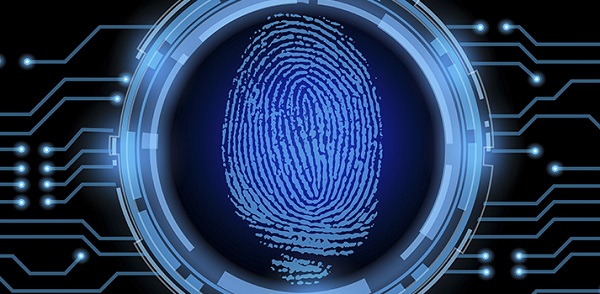
The Internet today allows to facilitate needs such as online shopping, and access to various services through the network to carry out operations, Such is the case of the banking transactions that you handle through your bank’s app. All this is considered a great progress for users, although it has its challenges when it comes to personal data privacy.
For this reason, systems have been developed so that users can prove their identity in the digital field, with the objective that people at the time of accessing their services can claim to be them and not others.
Routinely when people access an online platform do it by means of the name and/or email followed by the password. Through this data, the network can identify them, not only being used in said services, but also in social network profiles such as Instagram and Facebook.
What rights are granted to digital identity in Spanish law?
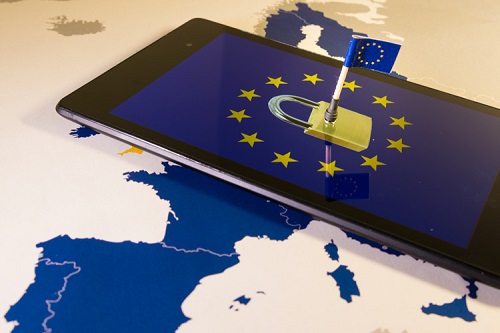
Today, digital identity is not legally recognized, although there are rights related to physical identity encompassing it. Therefore, they are fully applicable. These rights are contemplated in a group of legal rights, that are recognized as a result of the approval of the fundamental rights inherent to the human being.
Among these stand out the right to the dignity of the person, to honor, to personal privacy and to one’s own image; which are recognized internationally through the Universal Declaration of Human Rights in the article 12, and in the European Convention on Human Rights in the article 8.
They are recognized in Spain by the Organic Law 15/1999, of December 13of the Personal data protection, by the Spanish Constitution in the articles 10, 18, 20.4 and 96. Finally, in Organic Law 1/82 of May 5 on Civil Protection of Law to honor, to personal and family intimacy and to one’s own image.
What are the main limitations of a 2.0 identity in relation to a physical one?
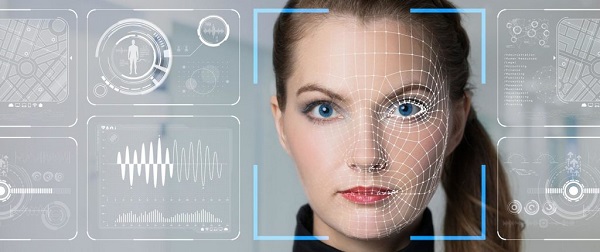
Physical identity is characterized by containing certain traits such as name, sex, age, academic, social, cultural level and others, also adding preferences and/or tastes. A factor associated with the identity of people are surnames, names, DNI, and in the case of being a company, it would be the company name, CIF and brand.
Identity 2.0 is distinguished by retaining the same elements of physical identity, only that these are published on the Internet completing other identity elements such as email and/or digital signature. As we well know, these data are not public, as they only allow the user or authorized persons to access them.
Are digital identity and online reputation the same? Main differences
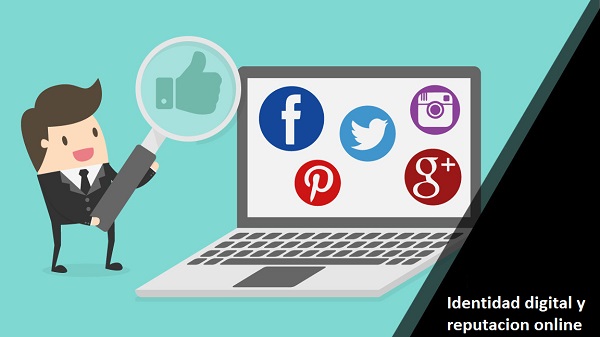
The digital identity shows the form, identity, way of being and acting in certain situations in the web world. Contrary to the online reputation that is achieved through a strategy, effort and dedication, being consumed by comments, actions and events that annoy followers or users.
The ID allows to relate, offer products and services; taking into account that he also perceives the satisfaction or vice versa of the people with whom he interacts. On the other hand, online reputation goes hand in hand with the trust, prestige and responsiveness of a person, brand or entity.
All people are responsible for their digital identity, but also for their online reputation. Although always depending on how other individuals see them.
Tips to protect your digital identity so that no one uses it on the Internet
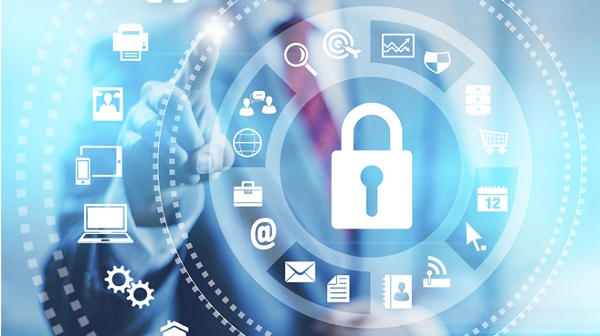
in these times Identity theft has gone viral. since it is one of the most common crimes. In case of being a victim of a criminal of this type, you should be very careful, because they can access your bank accounts or damage your reputation on social networks.
So it is recommended protect yourself through the following tips, to avoid being victims of this type of crime.
Do not use public or unprotected Wi-Fi networks
The WiFi networks that are usually offered in public places or in restaurants do not usually have WPA or WEP encryption, so they are considered not very secure.
Don’t use unsafe websites
Even though you are using a private WiFi network, it is important that you only browse websites that use the https protocol, as this means that the information that passes through those pages is encrypted and nobody can intercept them.
Use strong passwords and change them regularly
Strong passwords are those that have at least 16 characters, combining of course uppercase with lowercase and alphanumeric characters. It should be noted that it is not beneficial to use the same password for two different services.
Update the software regularly
Regardless of using operating systems such as Windows or Mac, you should know that they must be updated frequently, taking into account the fact of installing the new versions that are available.
Detail permissions and privacy policies
It is important to detail the permissions and privacy policies that they allow in each social network, because perhaps you do not want to have a public profile on Instagram or that everyone sees the photos that appear in your Facebook biography.
Monitor your name regularly
It is recommended to write your name in the Google search engine, to have control and know what information appears on the network, approving what type of information you want to appear.
Computing